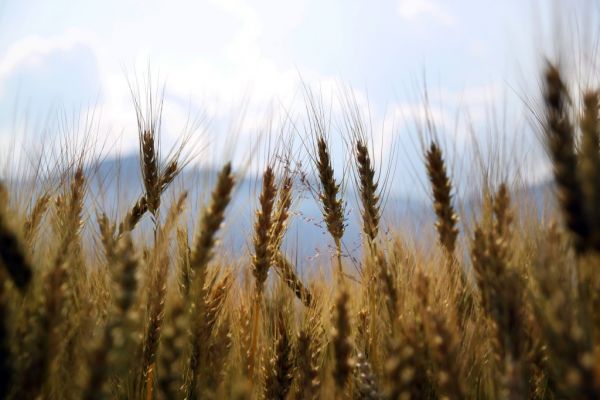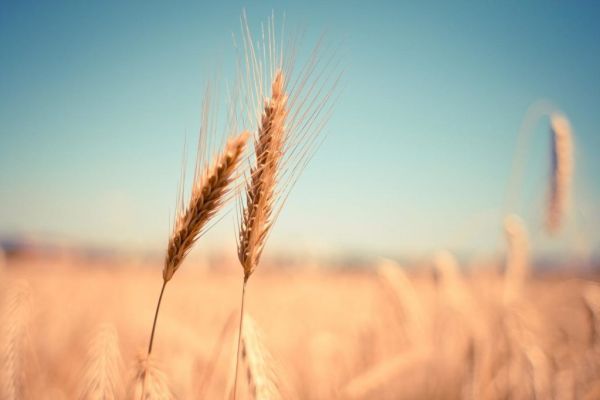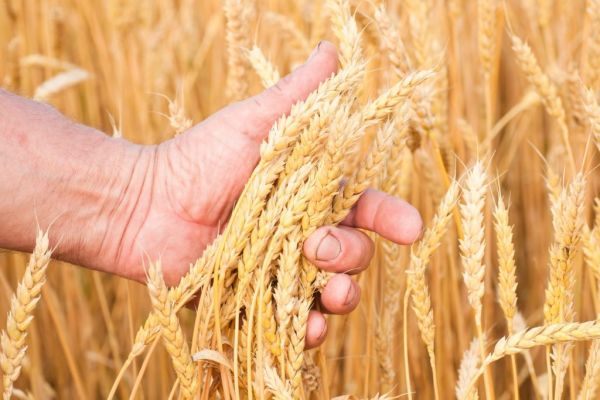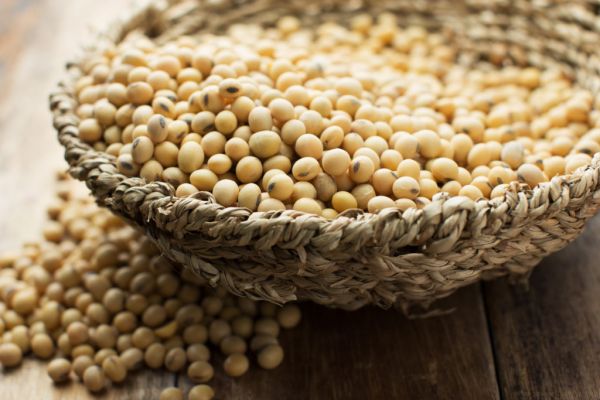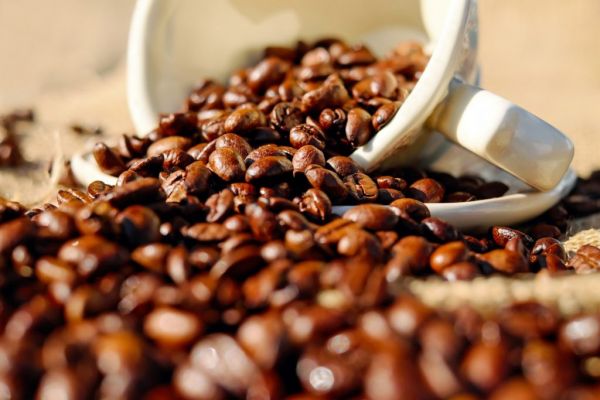Rains and cooler weather are bringing some relief to western European wheat farmers whose crops have been hurt by the recent heat wave.
Showers are expected to fall across the region’s main growing areas throughout this week, according to Commodity Weather Group and MDA Weather Services. That may ease a moisture shortage and limit any further yield losses during the crucial grain filling stage in parts of France and Germany, the European Union’s top growers.
“Conditions will indeed be improving significantly this week in most of northern and western Europe,” said Donald Keeney, a senior meteorologist at Gaithersburg, Maryland-based MDA.
This month’s hot and dry weather has threatened yield potential, forced analysts at firms including Tallage SAS and Offre & Demande Agricole to cut production forecasts and sent Paris wheat futures to an 18-month high. While some farmers in southern France have already started collecting crops, most European harvesting takes place in July and August, meaning weather conditions will still be crucial to the grain’s size and quality.
“There is another opportunity for rains later next week which could give northern wheat areas sufficient moisture to carry the crop through the remainder of filling,” said David Streit, a forecaster at Bethesda, Maryland-based CWG. UK and south German yield losses should be limited, he said.
French Wheat
While soft-wheat output in France, the EU’s top grower, is set to rebound by almost a third this year, plants were in a worse shape as of June 19 than at the same time last year, when too much rain eventually decimated the crop.
“We should still see a better overall harvest than last year in the EU, but this time last year most people were expecting a good crop, including in France,” said Amy Reynolds, a senior economist at the International Grains Council in London. “It wasn’t until early July that it became evident that there were some problems.”
France may get hot and dry weather in mid-July, which would be good for crops because it helps dry the grain and limit any disease as it goes into storage, CWG’s Streit said. Quality will be key to whether France can regain some of the share of the export market that it lost following last year’s dire crop, said Thomas Bouvier, a commodities broker at INTL FCStone Inc. in London.
The market is “going to be interesting over the next few weeks as ‘real’ news from harvests starts to come in,” the IGC’s Reynolds said. “There have been quite a few concerns, lets see what the truth is.”
